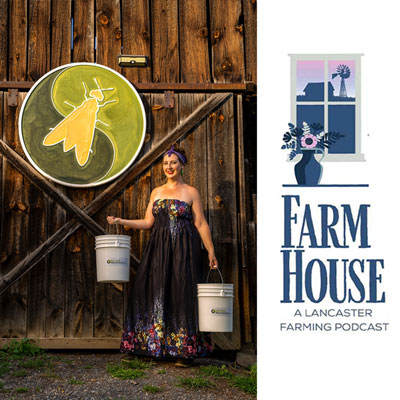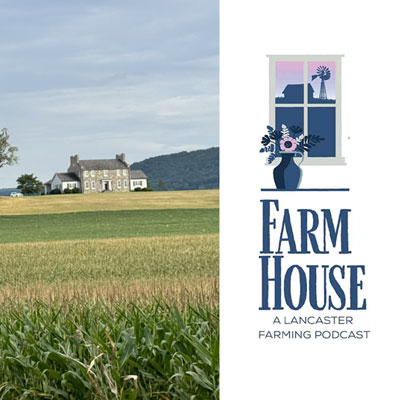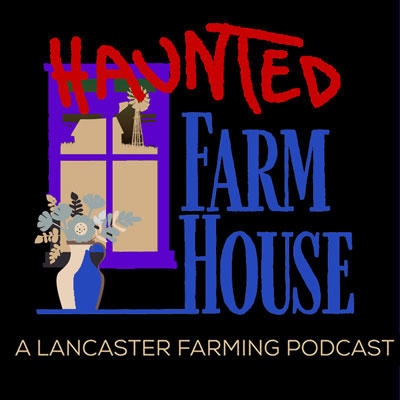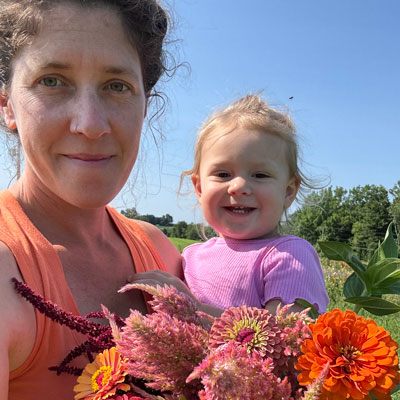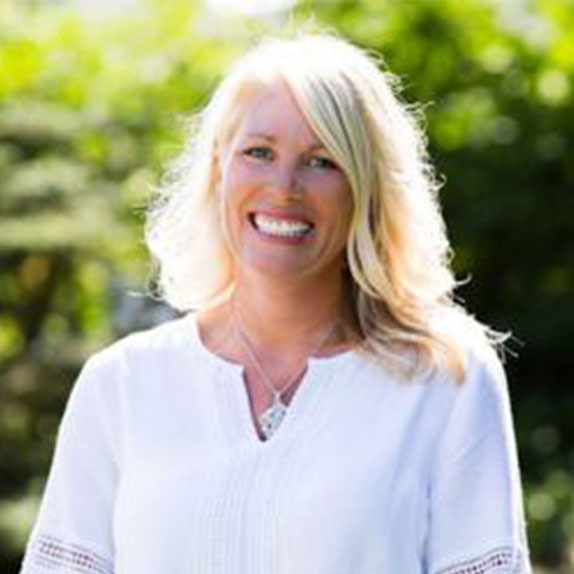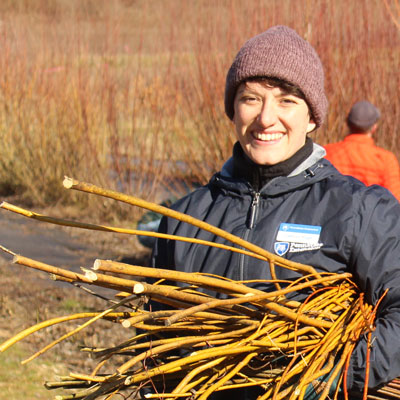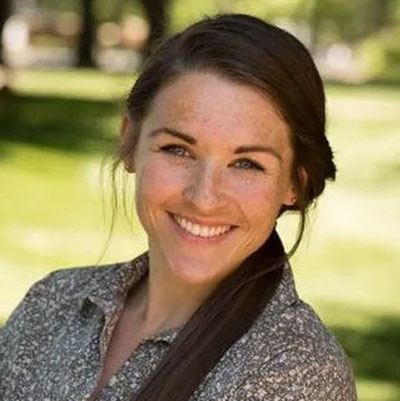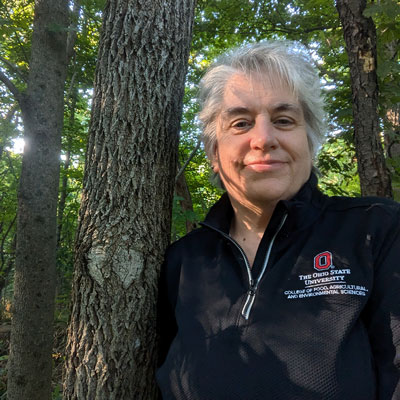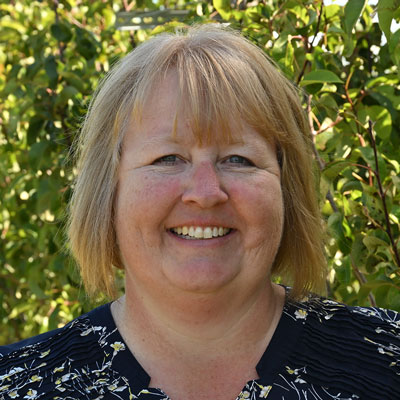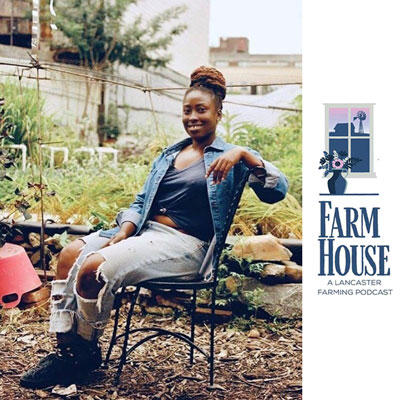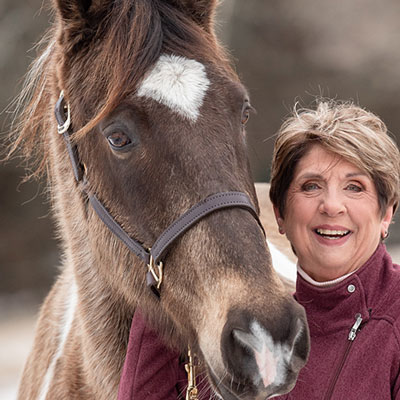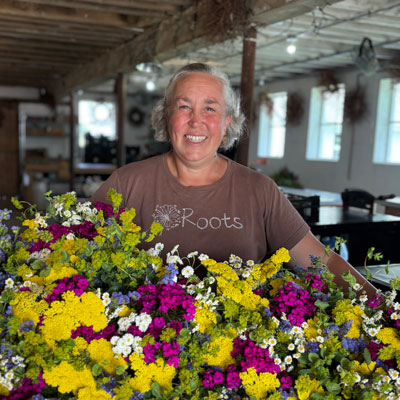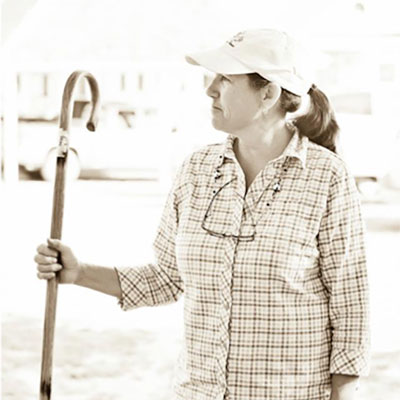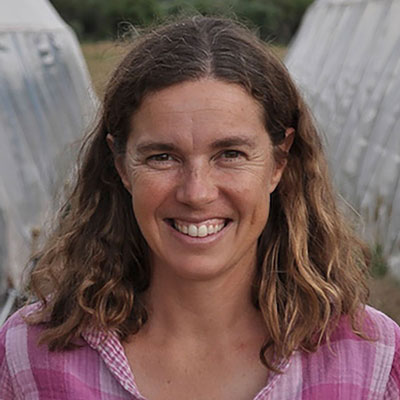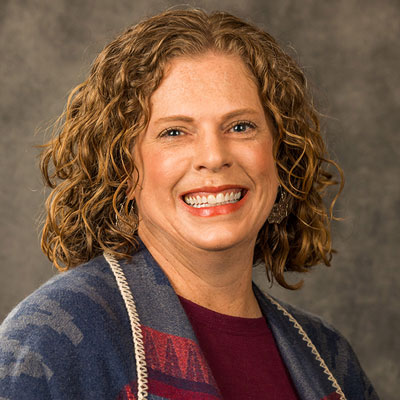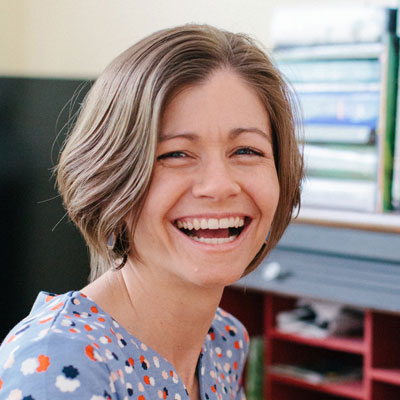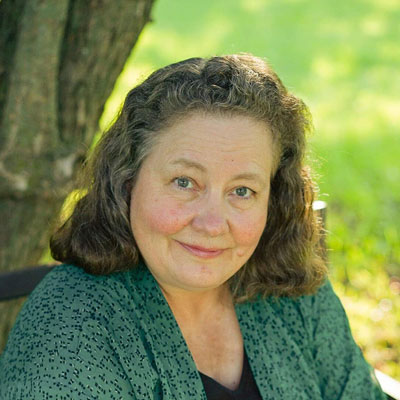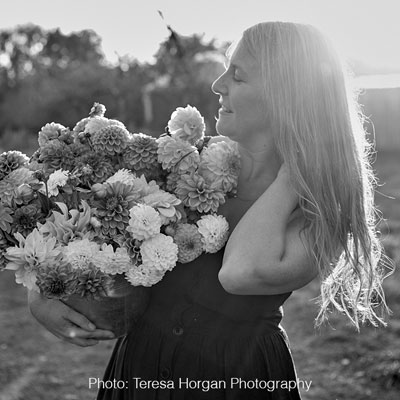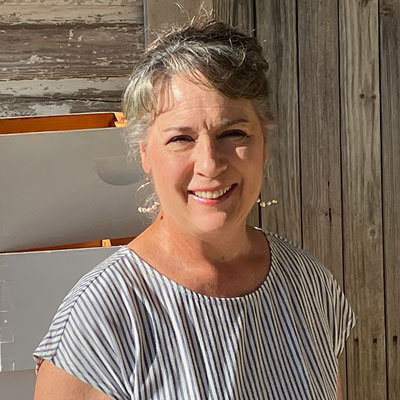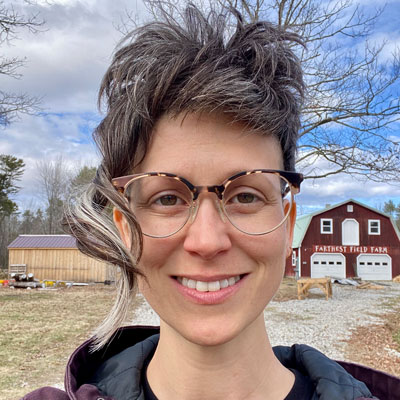Turning Food Waste Into Compost With 'Fly Lady' Aubrey Fornwalt
Description
This week on the FarmHouse, a podcast by Lancaster Farming, we're talking with Aubrey Fornwalt, the founder and owner of Full Circle Bioconversion in Williamsport, Pennsylvania.
Full Circle uses black soldier flies to convert food waste from the surrounding community into manure and compost. Fornwalt also sells the black soldier fly larvae as feed to poultry operations. It's the first bioconversion operation of its kind in the state.
Fornwalt didn't always want to be in the decomposition business. She began her career as a graphic designer, and although she was composting her own food waste, she felt she could be doing more.
Fornwalt began researching permaculture and soon bought her first fly larvae.
"I just looked up where to buy larvae online and the first batch came from eBay. That was in 2017, I think. And I just didn't stop. I didn't get grossed out. I thought it was pretty cool," she said.
Fornwalt now collects food waste from several local restaurants and over 20 households and has become locally known for her bioconversion operation.
"I do have the nickname 'The Fly Lady' around town," she joked. "And I wear that as a badge of honor."
Once collected, the food waste is processed through a grinder and then fed to the fly larvae. The operation can manage between 250-300 pounds of food waste each day.
While the larvae will eat any kind of food waste, Fornwalt noticed they have a preference for junk food.
"The larvae themselves eat everything. They eat meat and cheese and bread, like the great American carby diet. They're not picky," Fornwalt said. "But they're more excited about the fat and the protein and the carbs. Definitely the higher fat content, they like that."
Since its founding, Full Circle has successfully diverted over 200,000 pounds of food waste from landfills. While that waste would have eventually decomposed on its own, Fornwalt argues bioconversion is the better option.
"I think the return on investment with the insects versus mechanical utilization, nature is so much more efficient than we are," she said. "And if we take the time to watch how it works and take cues from it and not necessarily try to outsmart it, I think we could do a lot of really cool things."
You can watch the video about Full Circle Bioconversion mentioned in the interview here.

